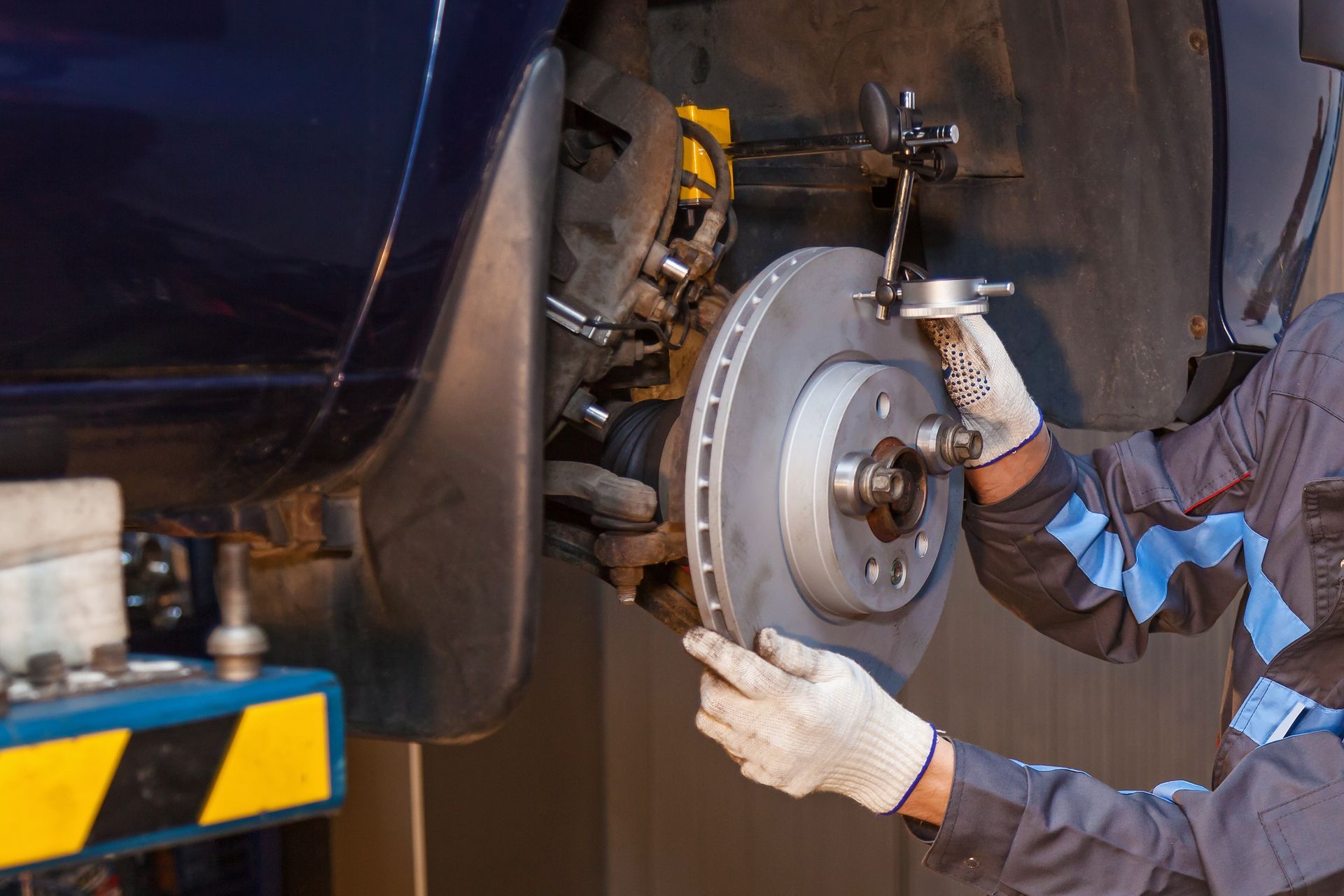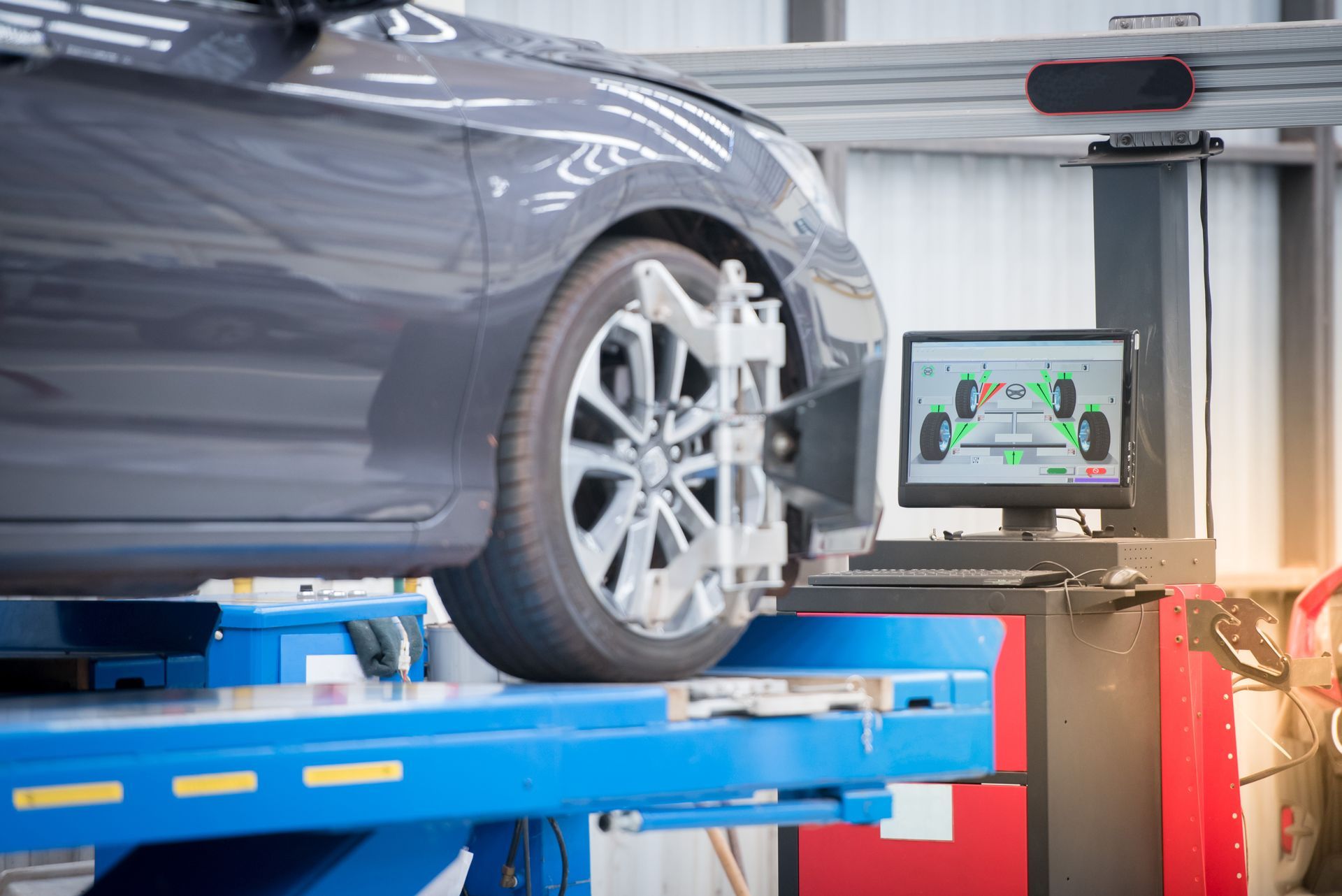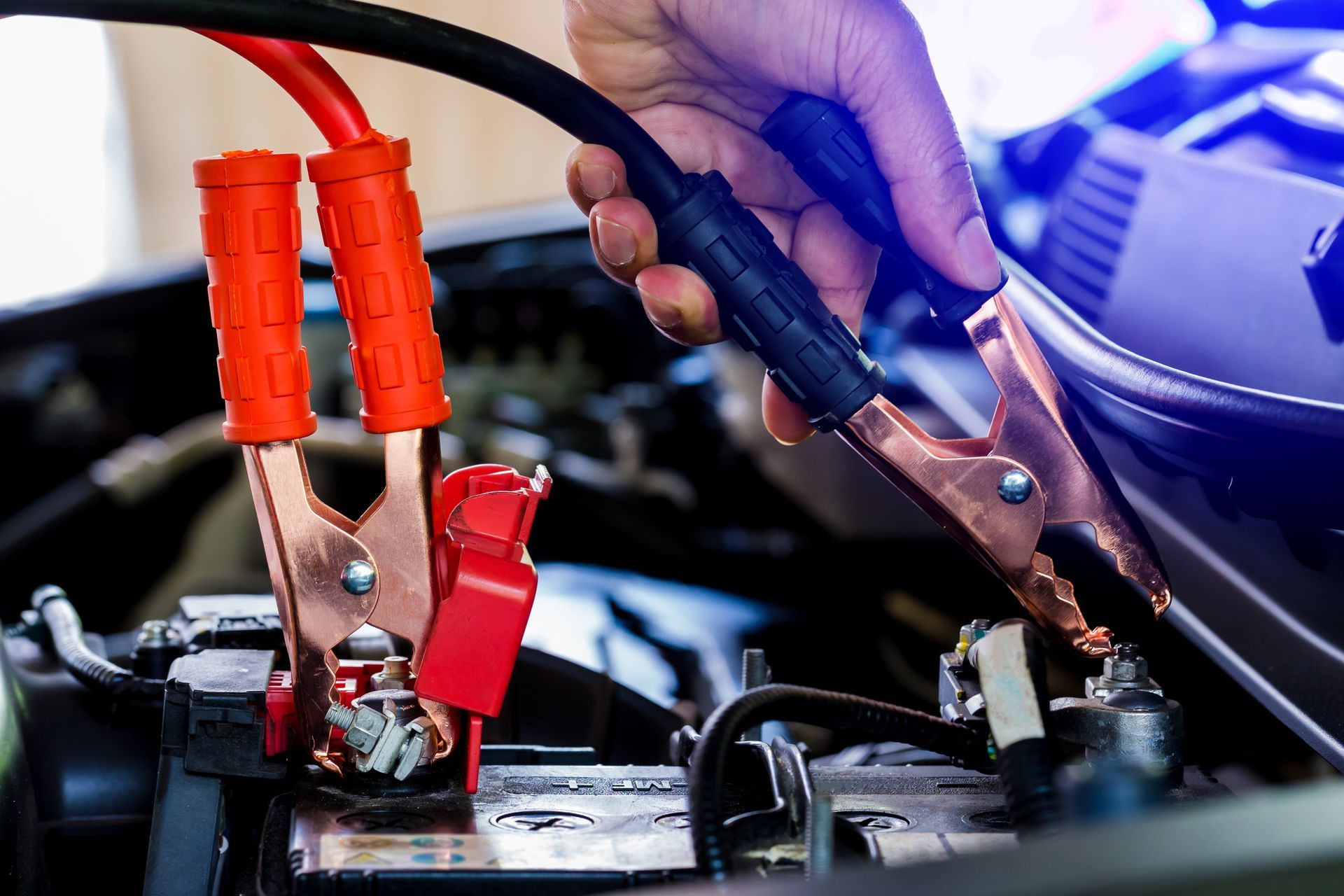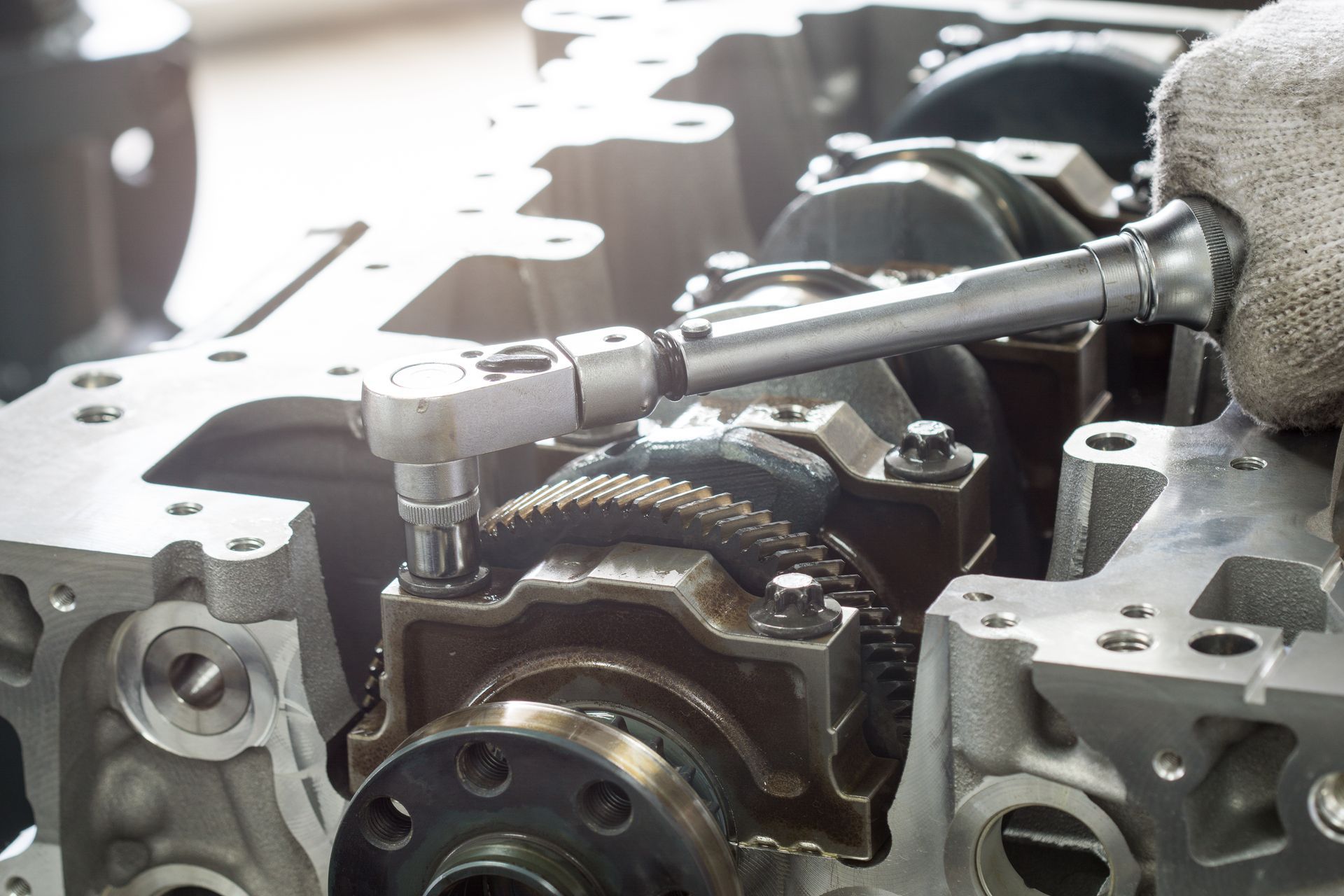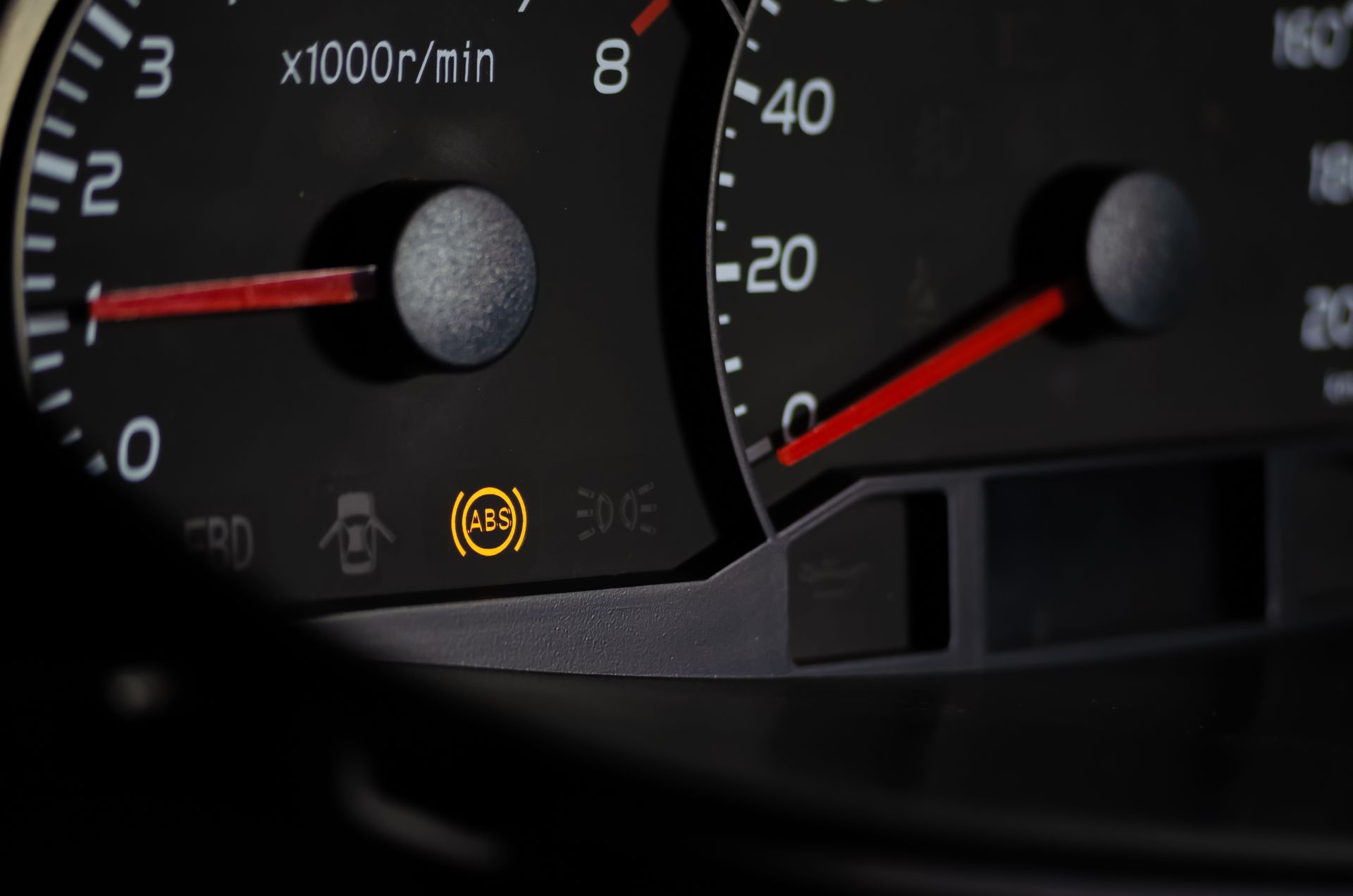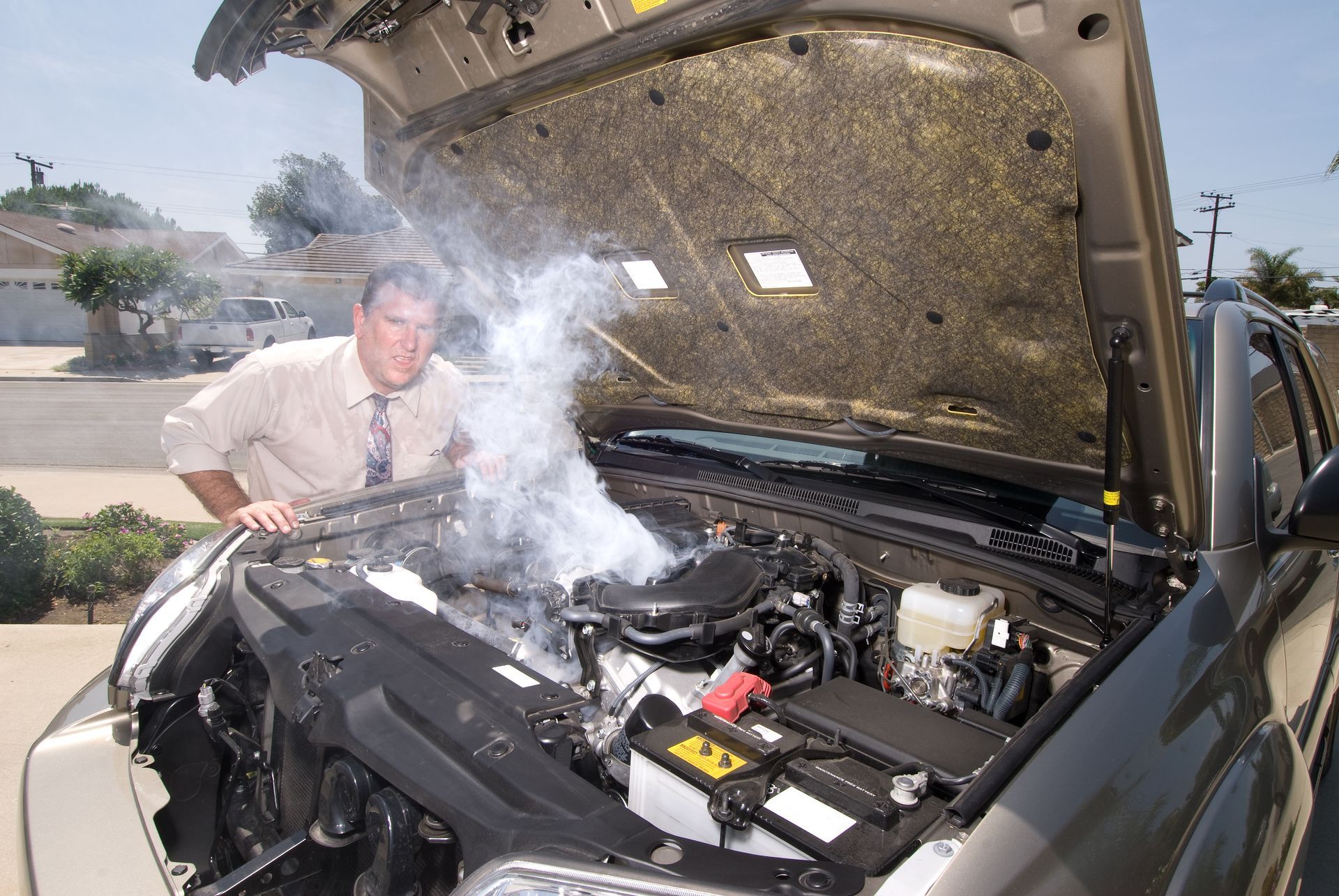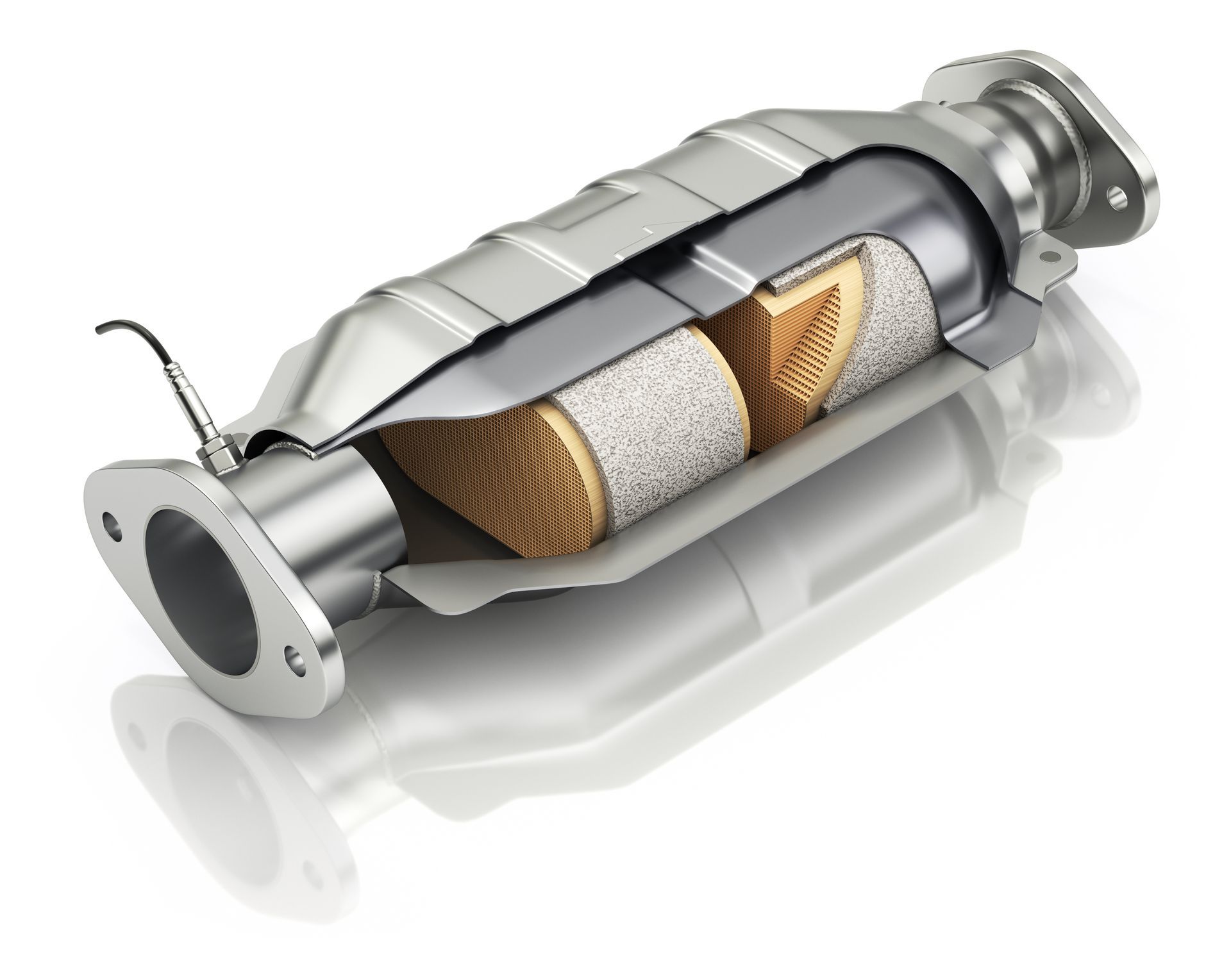If your engine’s running unusually cold or heating up too quickly, your thermostat might be stuck. This small cooling system component has a big impact on how your car warms up and maintains the right operating temperature. When it fails in either the stuck open or closed position, you’ll likely notice poor fuel efficiency, rough performance, or even signs of overheating.
We’ll cover the most common symptoms of a thermostat that isn’t working properly and why catching the problem early can save you from engine trouble later on.
How the Thermostat Works
The thermostat sits between your engine and the radiator. Its job is to open and close depending on the engine temperature. When the engine is cold, the thermostat stays closed to help it warm up faster. Once it reaches the ideal temperature, the thermostat opens to let coolant flow to the radiator, where excess heat is released.
If it gets stuck open, your engine may never warm up properly. If it gets stuck closed, the coolant won’t circulate, causing the engine to overheat. Both situations can lead to performance problems and long-term wear if not addressed.
Signs the Thermostat Is Stuck Open
When a thermostat is stuck in the open position, coolant constantly flows through the radiator, even when the engine is cold. This prevents the engine from reaching its proper operating temperature, especially in cooler climates.
Common signs include:
- The temperature gauge stays unusually low after several minutes of driving
- Heater blows lukewarm or cold air, even when fully turned on
- Reduced fuel efficiency, as the engine works harder to maintain performance
- Increased emissions due to improper engine temperature
This issue can be more noticeable in winter months around Toms River. Your cabin may stay chilly longer, and the vehicle may take longer to respond smoothly.
Signs the Thermostat Is Stuck Closed
A closed thermostat traps coolant inside the engine, preventing it from cooling down. This can lead to rapid overheating, which is one of the most dangerous issues your car can face.
Symptoms include:
- The temperature gauge climbs quickly into the red zone
- You see steam or smoke coming from under the hood
- A warning light or overheating message appears on the dashboard
- Strange smells, often sweet or burning, are coming from the engine bay
If you notice these signs, pull over and shut off the engine immediately. Driving with an overheating engine can warp the cylinder head or cause head gasket failure—repairs that cost far more than replacing a thermostat.
Thermostat Problems Often Go Unnoticed Until It’s Too Late
Because a thermostat issue may not cause obvious symptoms at first, many drivers don’t notice anything until performance suffers or the engine overheats. That’s why routine cooling system checks are important, especially on vehicles over 8–10 years old or those with high mileage.
Thermostats are relatively inexpensive to replace but play a critical role in keeping your engine safe. If your heater isn’t working well, or the temperature gauge seems off, it’s worth having the thermostat checked as part of a larger cooling system inspection.
What to Expect From a Thermostat Replacement
- Removing and replacing the thermostat with a new, OEM-quality part
- Draining and refilling the coolant if necessary
- Bleeding air from the cooling system to ensure proper circulation
- Verifying that the new thermostat opens and closes at the right temperature
At PRO-CAT Auto Care & Repair, we make sure the entire cooling system is checked during the process. A thermostat issue is often linked with other problems like a clogged radiator, bad hoses, or a failing water pump.
PRO-CAT Auto Care & Repair – Cooling System Specialists in Toms River, NJ
At PRO-CAT Auto Care & Repair in Toms River, we will help you stay ahead of thermostat trouble and cooling system failures. Whether your engine is overheating or your heater’s gone cold, we’ll get to the root of the issue and restore proper temperature control.
Schedule a visit today and let our team keep your car running comfortably in every season.



